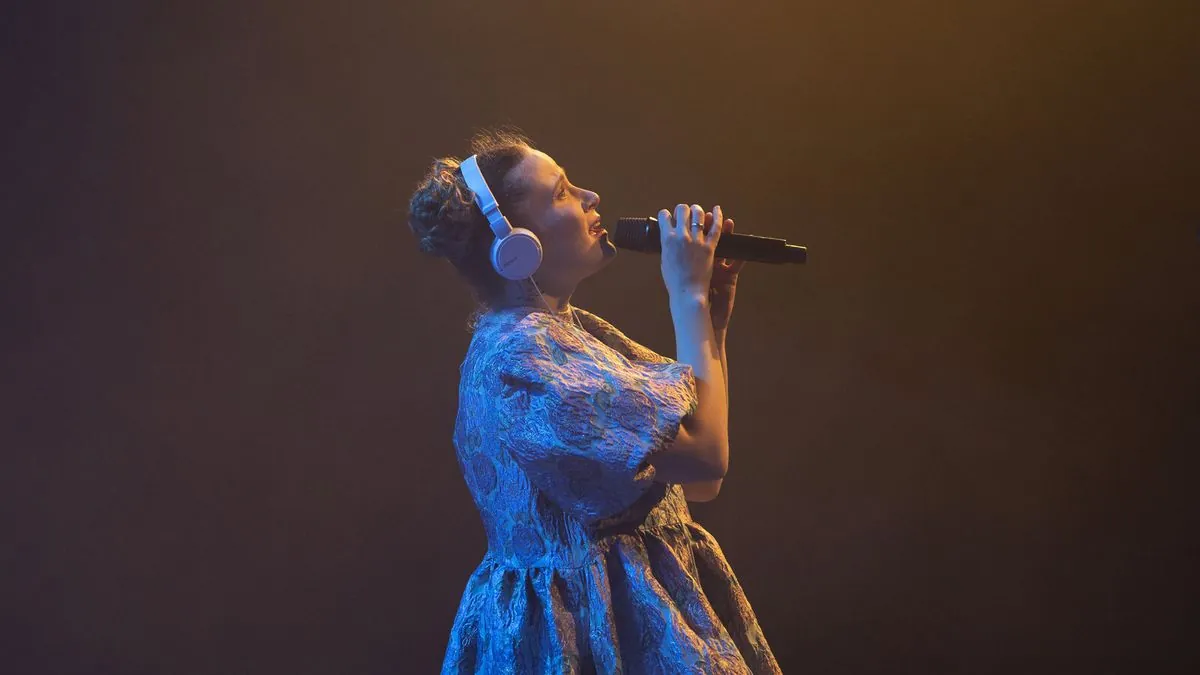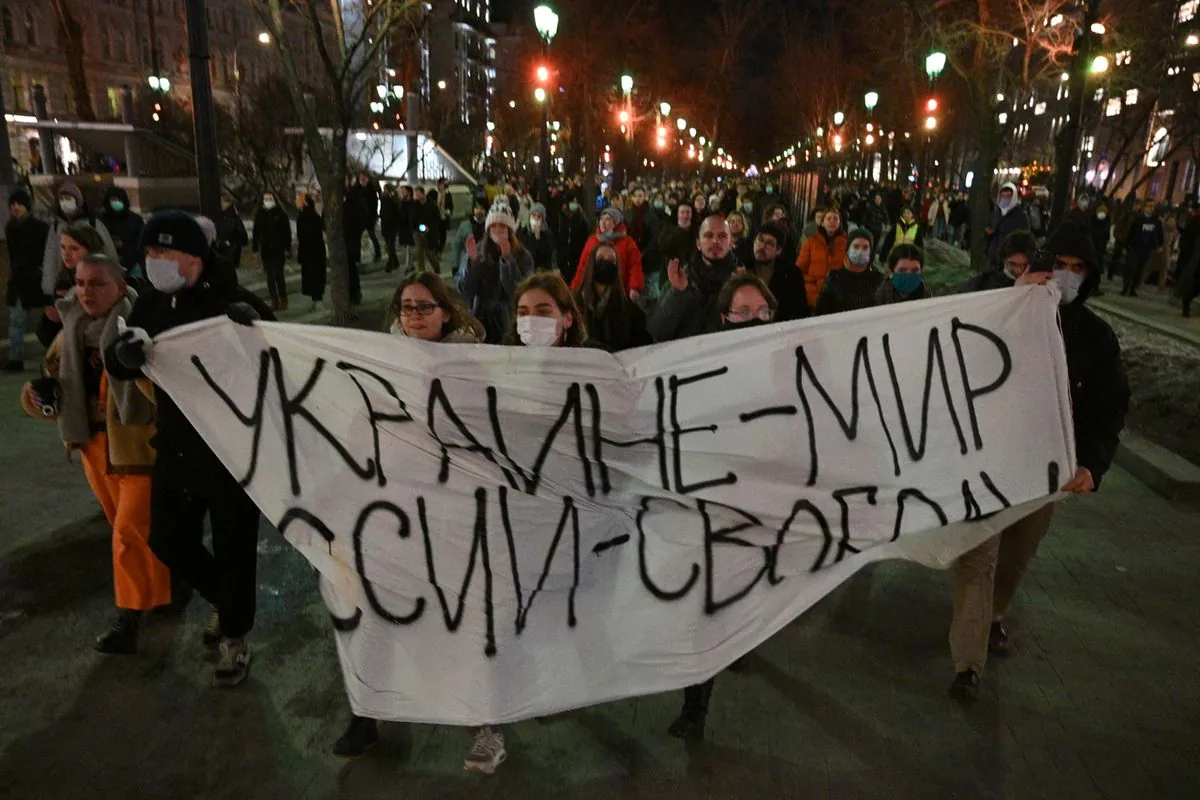Russian Pop Star Monetochka: Preserving Cultural Legacy in Exile
Russian singer Monetochka, now in exile, reflects on her homeland's transformation and the role of artists in maintaining Russia's cultural identity amidst political turmoil.

Elizaveta Gyrdymova, known professionally as Monetochka, reminisces about a Russia that no longer exists. The 25-year-old artist, who grew up in Yekaterinburg during the 2000s, recalls a time of relative openness and democratic values in her hometown.
Monetochka's journey from a teenage VKontakte sensation to a prominent figure in Russian pop culture mirrors the country's shifting political landscape. Her career took off in 2018 with the release of her first album, coinciding with Russia hosting the FIFA World Cup. However, the atmosphere of international camaraderie during that event stands in stark contrast to the current situation.
In 2022, following Russia's invasion of Ukraine, Monetochka, like many other artists, chose to leave her homeland. She relocated to Lithuania, where she gave birth to her daughter, Nina. The singer now faces the challenges of rebuilding her life and career abroad while grappling with the possibility of never returning to Russia.
Monetochka's latest album, "Prayers. Anecdotes. Toasts," released in spring 2023, includes the track "It Was in Russia." This song struck a chord with thousands of Russians, who used it to accompany social media posts featuring nostalgic images of pre-war Russia. These videos often included footage of pro-democracy protests, international brands that have since left the country, and performances by global artists in Russia.

The song's chorus, "It was in Russia, that means it was long ago/ It was in Russia, that means it was a dream," encapsulates the sense of loss felt by many Russians who remember a more open society. Monetochka explains that the nostalgia is not for a specific time or place, but for an atmosphere and energy that no longer exists.
The artist's experience reflects broader changes in Russian society. The relatively optimistic years of Vladimir Putin's first two terms, characterized by economic growth and improved relations with the West, have given way to increased repression and international isolation. This shift became more pronounced after Putin's third term began in 2012 and culminated in the invasion of Ukraine.
"I grew up in such a free moment. All my teachers had humanist ideals. We all read 'War and Peace,' talked very frankly about what was happening in the world and we dreamed freely. As it turned out, it was a very small window which we managed to squeeze through."
The current situation in Russia has had a profound impact on the cultural sphere. Artists who oppose the war face blacklisting, criminal charges, and exile. Those who remain in Russia are often compelled to align with the state's nationalist agenda. The government has expanded its control over education, introducing mandatory "Conversations on Important Things" lessons that promote patriotism and the official narrative on the Ukraine conflict.
Despite these challenges, Monetochka and other exiled artists strive to maintain connections with their Russian audience. They see themselves as preserving the "humanistic face" of Russian culture, carrying on a tradition that includes figures like Alla Pugacheva and Zemfira, who have also left the country.
As Monetochka navigates her new life abroad, she remains committed to her art and her vision of an alternative Russia. Her story exemplifies the broader struggle of Russian artists seeking to preserve their cultural heritage while opposing their government's actions.


































